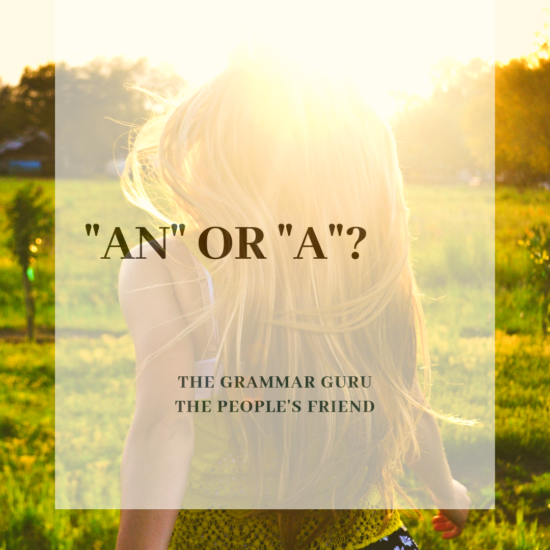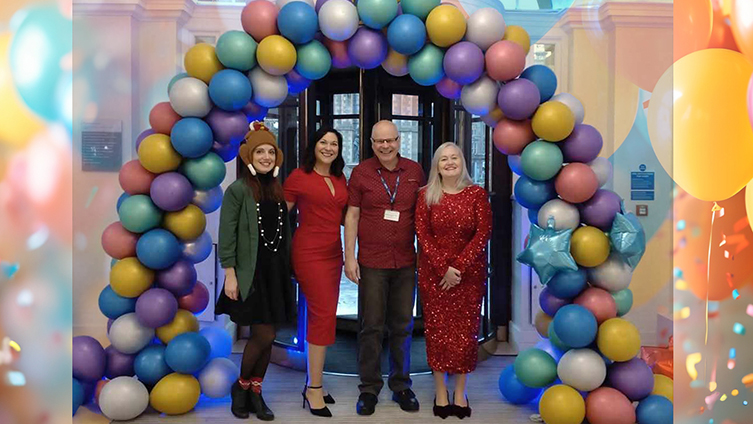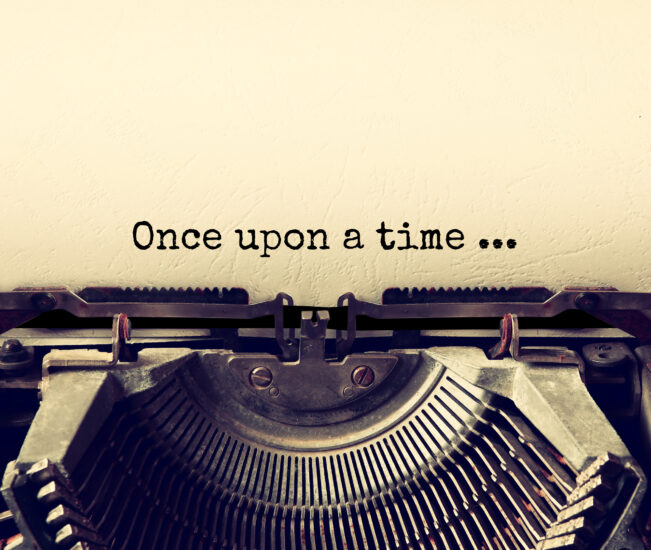
This week, the Grammar Guru is addressing what, at first, seems like a basic error to make . . .
I’m sure you’re pretty confident about this one, aren’t you? But don’t feel too good about it — it can be trickier than you think. And like many things with the English language, there are hidden pitfalls you can easily fall into!
It’s generally accepted that you use “an” before a word starting with a vowel, and “a” before a word starting with a consonant. Right?
But hold on a minute. What about “an hour” or “a unique opportunity”? “Hour” starts with a consonant, and “unique” with a vowel, so what’s going on here?
In fact, the correct rule is very simple. It’s not about the letter that starts a word, it’s about the sound.
If a word starts with a vowel sound, you use “an”. If a word starts with a consonant sound, you should use “a”.
For example:
“I spent an hour in a hotel.”
“A unicorn is an unusual creature.”
For this reason, “an hotel” is most definitely wrong, as is “an historic event” – unless, of course, you have a very severe dropped-aitches situation going on! Or you’re a the beloved wartime sitcom “‘Allo ‘Allo” . . .
For more from the Grammar Guru, click the tag below.
Have you considered “a” subscription to “The People’s Friend”? Click here for more details.




